In partnership with the Pardes Institute, the Hadar Institute, the Shalom Hartman Institute, RootOne, and M2
How can we engage our learners in deep conversations about Jewish peoplehood? Watch faculty members from three institutional leaders in Torah learning for an immersion in accessible texts that explore Jewish connection, diversity, and responsibilities. Each session offers frameworks for bringing these texts to learners in grades 6-12.
Wednesday, March 6th
Sefi Kraut, Pardes
What connects Jews to one another?
The very term “Jewish Peoplehood” implies that Jews are bound to one another – what, then, is the connective tissue between Jews that transforms us into a "people?" Is the connection automatic and involuntary or is it perhaps dependent on our actions or beliefs? We will explore these foundational questions via some classical Jewish thinkers, and consider how to bring this important discussion to our learners.
Friday, March 8th
Rabbi Avi Strausberg, Hadar
How diverse can one Jewish people be?
In the beginning of Genesis, the whole world was of one language and one speech – humanity appeared united, a global peoplehood of sorts, but this came at the cost of individuality. In this session, we'll examine the story of the Tower of Babel as well as accompanying texts from the world of Hasidut and the Talmud, to ask: What is the role of diversity in Jewish peoplehood, and: How do we balance unity and individuality in the formation of a people?
Monday, March 11th
Dr. Sara Labaton, Shalom Hartman Institute
What responsibilities do Jews have toward one another?
What are the ethical, social, and financial obligations that Jews carry vis-à-vis one another, and how do these obligations change and stay the same during times of crisis? Using classical and modern sources, we will explore the scope, limits, and challenges of the notion that Jews have distinctive sets of responsibilities to other members of the Jewish people.
- Educator Training
- Webinar
- Israel Education
- Israel
- Jewish Text and Thought
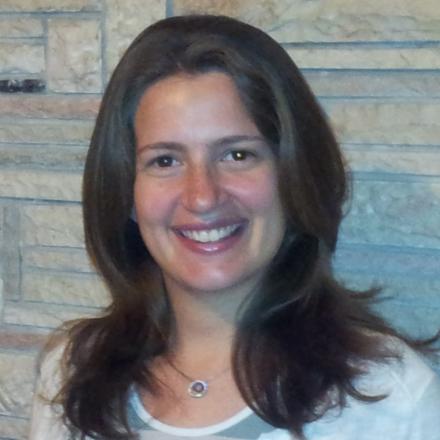
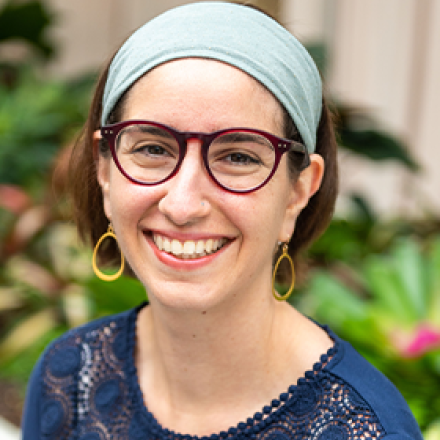
Rabbi Avi Strausberg is the Senior Director of National Learning Initiatives at Hadar, and is based in Washington, DC. Previously, she served as the Director of Congregational Learning of Temple of Aaron in St. Paul, Minnesota. Avi studied at Hadar as a year fellow, and served on our summer faculty in 2014. She received her rabbinic ordination from Hebrew College in Boston and is a Wexner Graduate Fellow. She also holds a Masters in Jewish Education. While pursuing her studies, Avi was honored to serve as a rabbinic intern at Kehillath Israel and Temple Sinai. She has taught students of different ages and backgrounds at Kehillath Israel, Temple Sinai, Makor, and Hadar. Additionally, Avi has worked as a chaplain intern at Hebrew Senior Life and organized an anti-trafficking campaign as a rabbinic fellow at T’ruah. Energized by engaging creatively with Jewish text, she has written several theatre pieces inspired by the Torah and maintains a Daf Yomi haiku blog in which she writes daily Talmudic haikus. Avi is most grateful for her wife, Chana, and three children, Ori, Niv, and Amit.
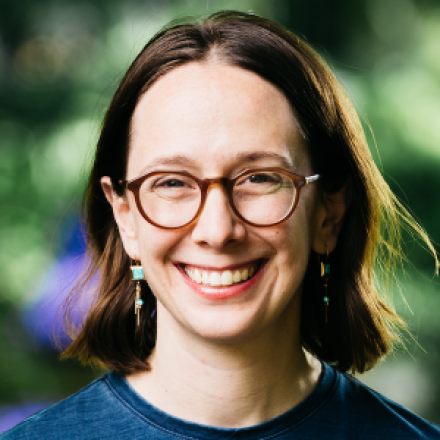
Dr. Sara Labaton is Director of Teaching and Learning at the Shalom Hartman Institute of North America, where she serves as a conduit between the Kogod Research Center and program directors, overseeing programmatic excellence and ensuring that research topics and content are informed by the realities of the field and experience of program participants. She was a member of the inaugural cohort of North American David Hartman Center Fellows.
Sara received a B.A. in Religious Studies from Columbia University and a doctorate in Medieval Jewish Thought from the Skirball Department of Hebrew and Judaic Studies at NYU. Her doctoral thesis focused on the relationship between the esoteric and peshat hermeneutics in the commentaries of Abraham ibn Ezra, particularly with regard to ibn Ezra’s understanding of biblical cultic rituals.
Sara was a founding faculty member of Yeshivat Hadar, where she developed a Bible and Exegesis curriculum. She has taught in a variety of Jewish settings, most recently as a history instructor at the Frisch School. Her research interests include the intersection of ritual and relevance, ritual experimentation, and overcoming the binary of halakhic–non-halakhic/insider-outsider in Jewish ritual practice. As part of her participation in the Religious Worlds Seminar at the Interfaith Center of New York, Sara researched ways of integrating comparative religion into Jewish educational contexts.
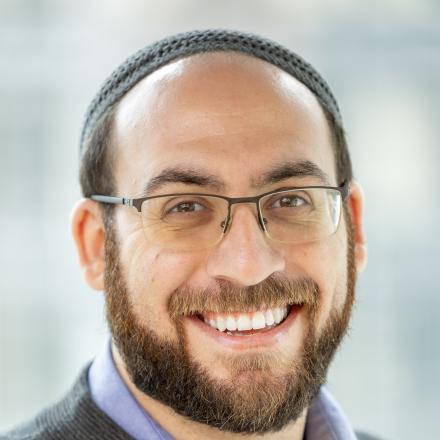
Mikhael Kesher is a curator of educational experiences and resources, whose professional passion is supporting Jewish educators and learners in building informed, constructive, and committed relationships with am yisrael (the Jewish people) and medinat yisrael (the Jewish state). As a British-born Israeli-by-choice and new American, he cares deeply about strengthening each Jew’s connection to global Jewry. Before joining The Jewish Education Project as Director, Israel Education, Mikhael worked at Harvard Hillel, MIT Hillel, and Hebrew College. He holds Master’s degrees in Philosophy (University of Cambridge), Near Eastern & Judaic Studies (Brandeis University), and Jewish professional leadership (Brandeis University). At home, Mikhael is an avid reader, ḥevruta enthusiast, and devoted abba to two young children.
Discover more
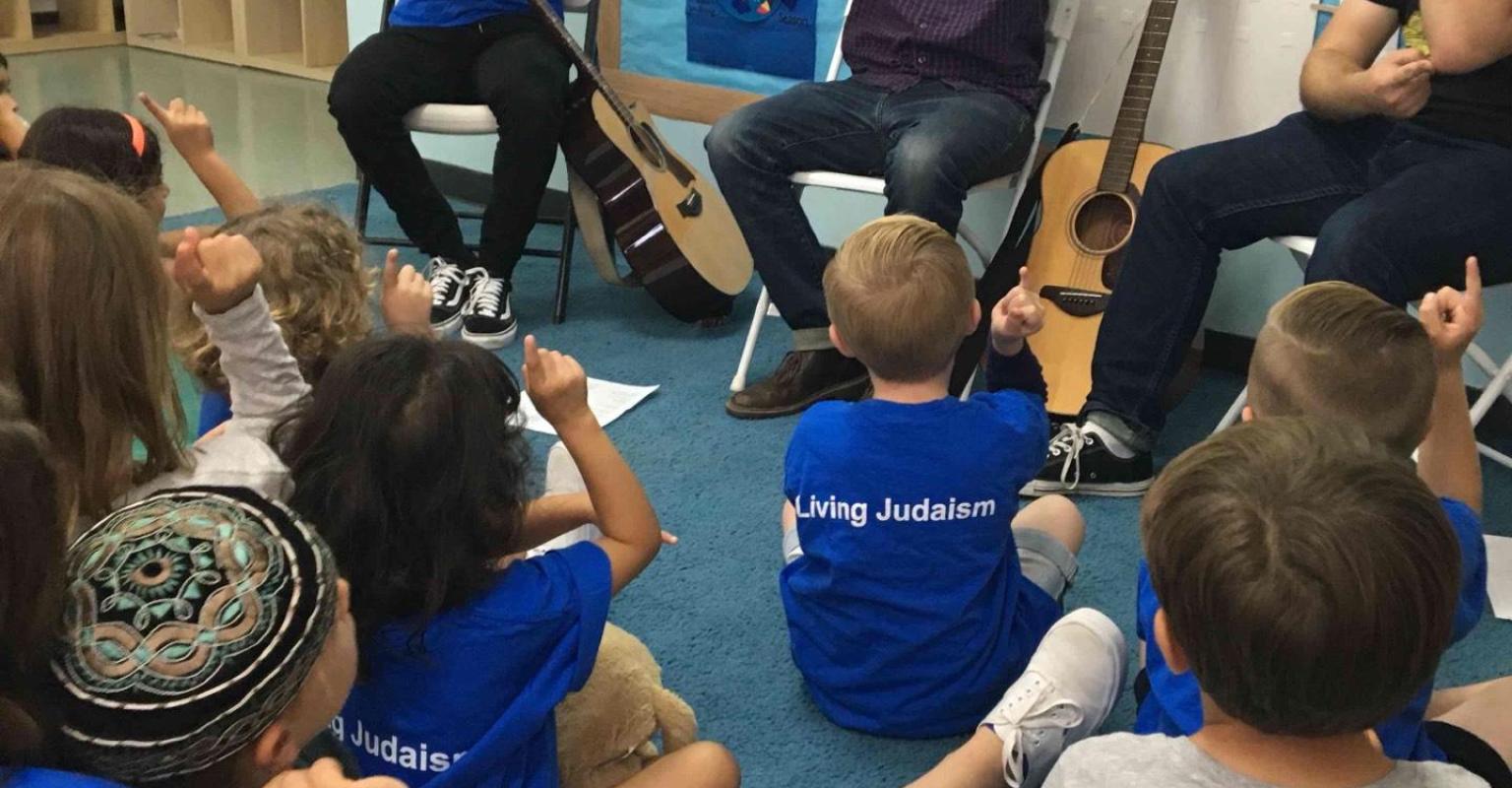
Living Judaism is an all-inclusive experiential learning model of Jewish Education. The purpose of the model is to engage every learner, provide carefully constructed learning experiences, build a strong identity, root students firmly in tradition, and create memories to last for years to come.
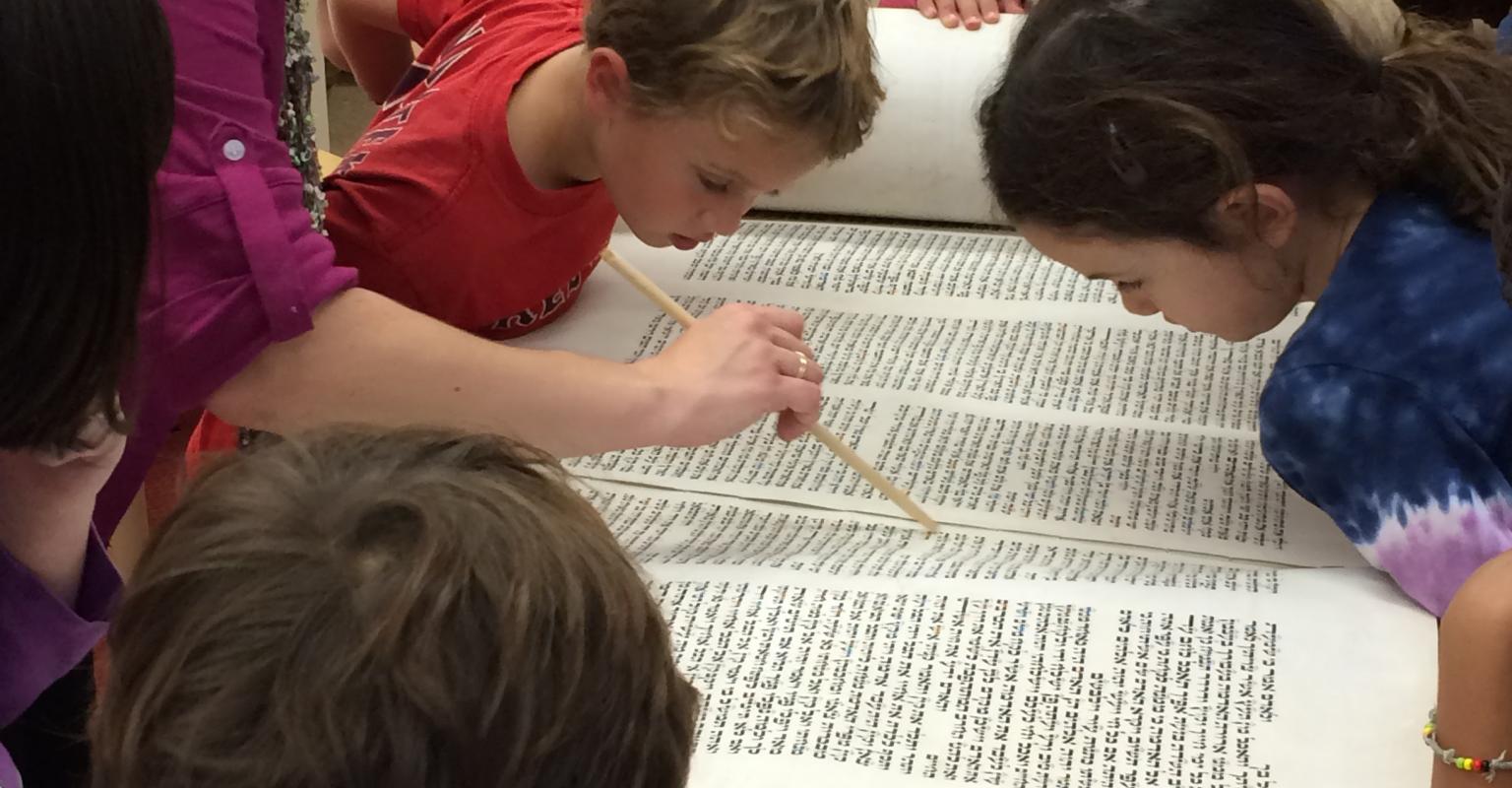
Mayim, our initial example of "Additional" Models, could be placed in a Multi-aged, Project-Based Learning, or Experiential Learning bucket. Mayim is a K-5 learning community in which depth of relationships and depth of learning are intentionally fostered and visible everywhere.
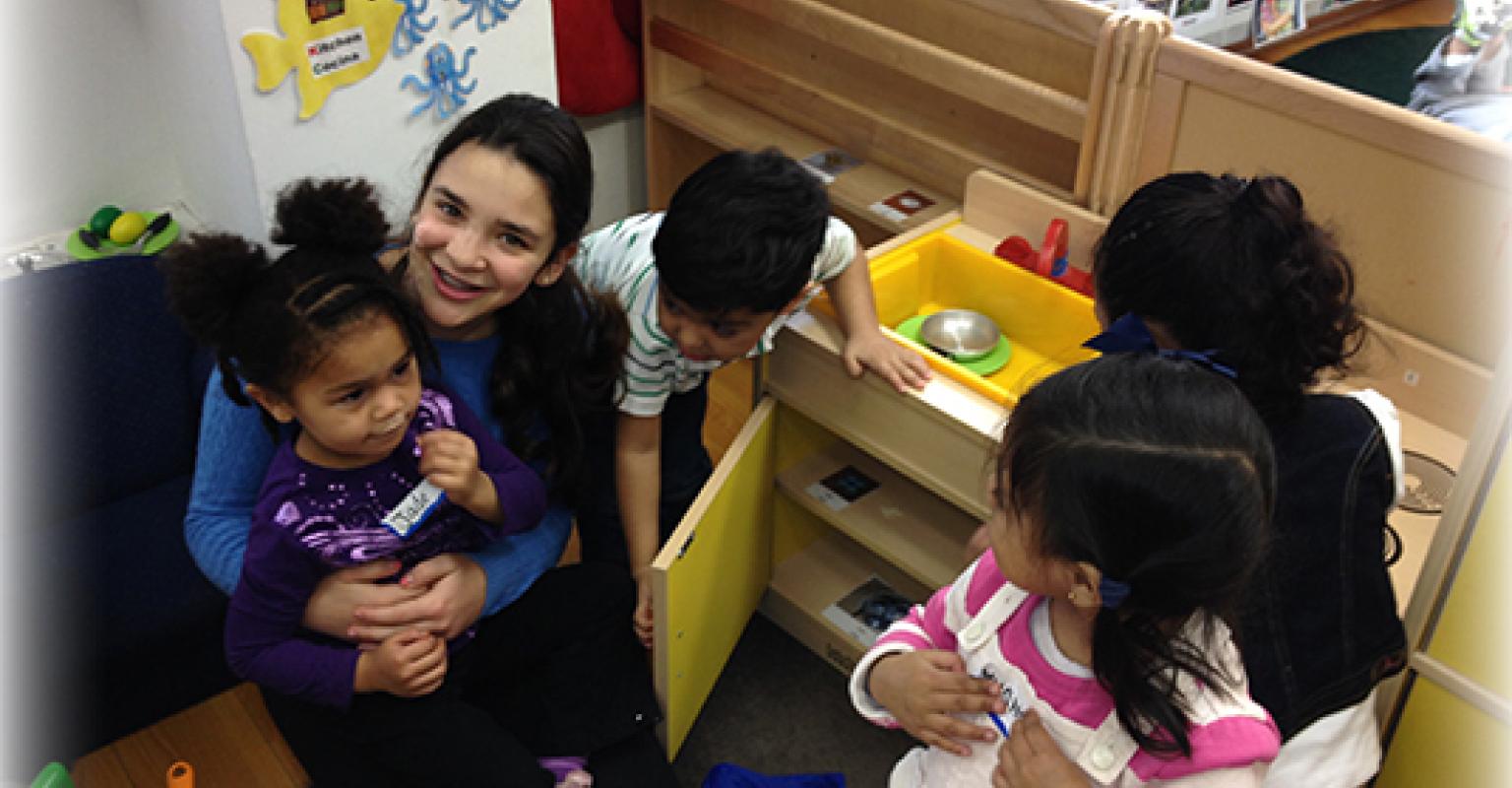
Congregation Emanu-El of NYC. 8th graders explore different ways of doing social justice including fundraising and philanthropy, community organizing and advocacy as well as the Jewish context for these approaches. They volunteer throughout the year.
